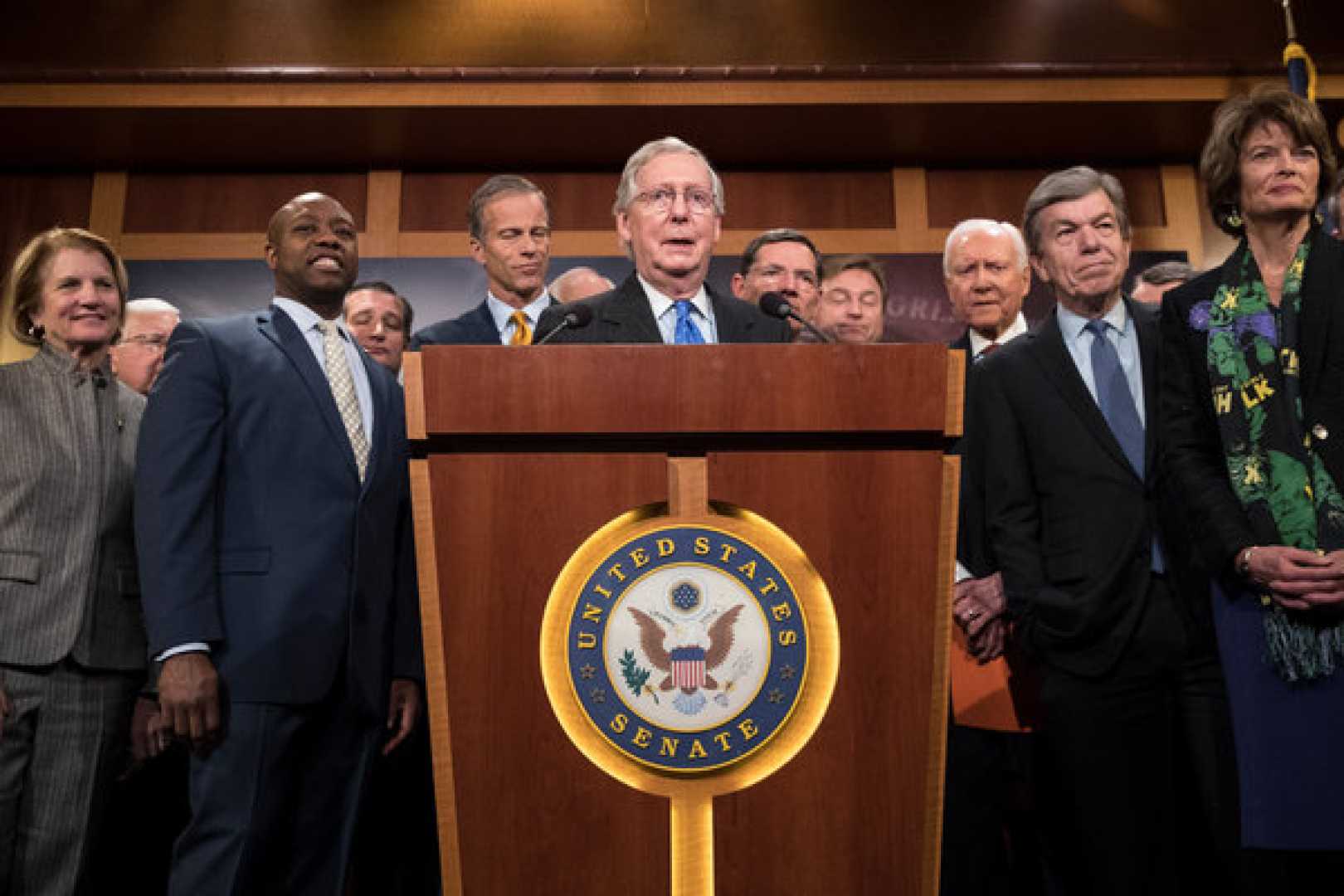Politics
House Passes Controversial Bill Slashing Social Programs for Tax Cuts

WASHINGTON, D.C. — House Republicans on Thursday passed a controversial budget bill aimed at financing tax breaks for the wealthy at the expense of essential social programs.
The bill, known as the One Big Beautiful Bill Act, received a narrow approval with a vote of 218-214. Two Republicans, Brian Fitzpatrick (R-Pa.) and Thomas Massie (R-Ky.), sided with Democrats in opposition, making the vote largely party-line.
Representative Ilhan Omar (D-Minn.) called the legislation “one of the most cruel, immoral pieces of legislation that Congress has ever voted on,” emphasizing the bill’s potential to cause deep harm to millions of Americans.
Opposition voices highlighted the bill’s cuts to Medicaid, nutrition assistance, and clean energy initiatives, which they argue could have devastating impacts on the nation’s vulnerable populations. As many as 17 million Americans are projected to lose their health insurance, while about 2 million could lose access to food assistance.
Richard Fiesta, executive director of the Alliance for Retired Americans, stated that the bill undermines the very citizens it was meant to serve. He noted, “It’s about lining the pockets of billionaires and corporations while ripping away essential health care and support from seniors and working families.”
The legislation has faced backlash from various advocacy groups, including the Service Employees International Union (SEIU), which expressed outrage over the potential suffering inflicted on children and families nationwide. A statement from the SEIU emphasized the bill as “a betrayal of working Americans.”
Critics of the bill assert that it promotes the largest transfer of wealth from average citizens to the richest one percent, a claim backed by economists and political analysts alike. “This isn’t just bad policy — it’s a moral failure that will cost lives,” one critic stated.
The bill is expected to add significantly to the national debt and has been labeled a “damning indictment of Congress’ priorities.” With future repercussions for economic inequality and public health still unfolding, activists plan to organize against those who supported the bill in upcoming elections.
President Trump is anticipated to sign the bill into law on July 4, drawing further criticism for its perceived unpatriotic prioritization of tax cuts for the wealthy over healthcare and assistance for the needy.












